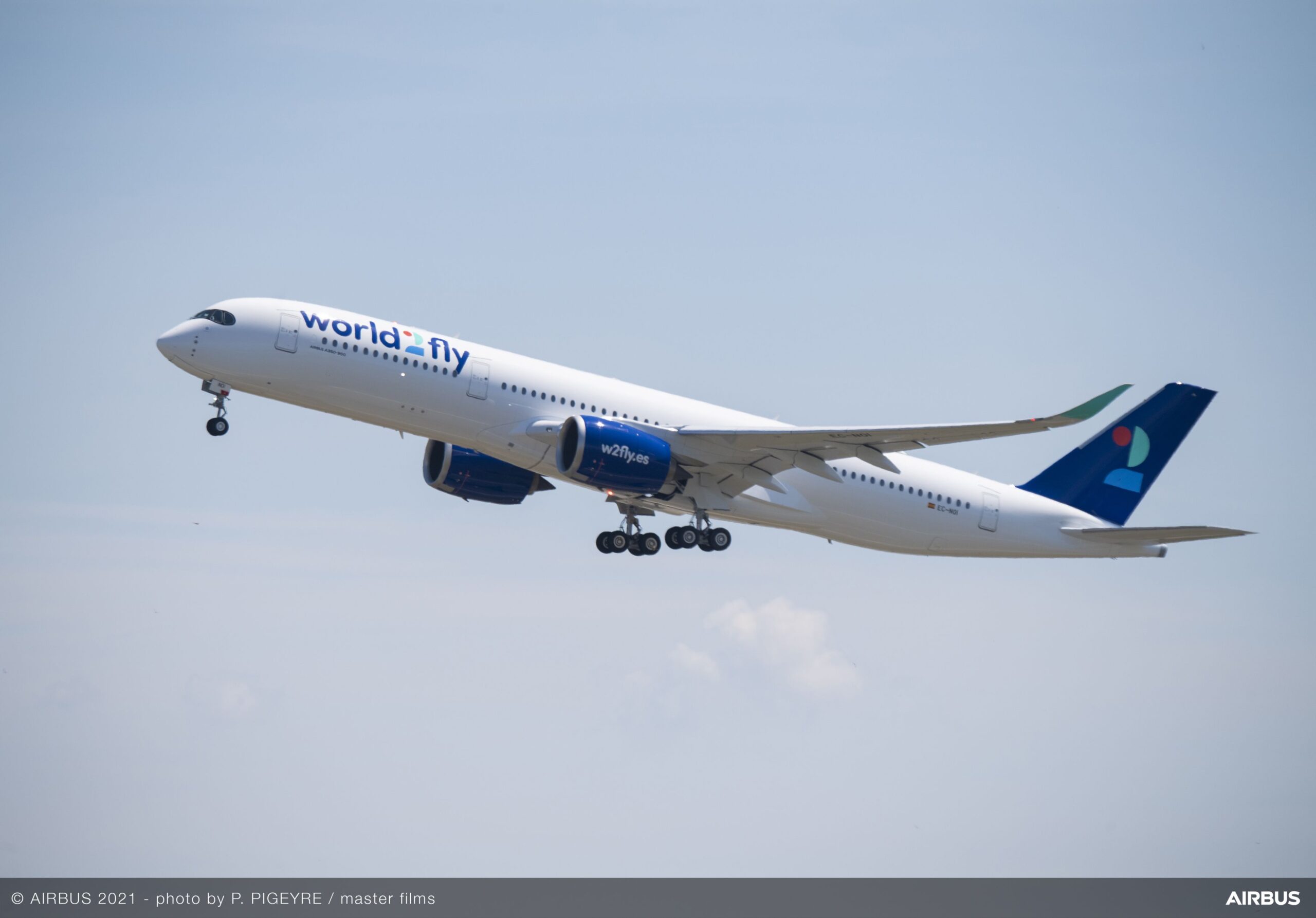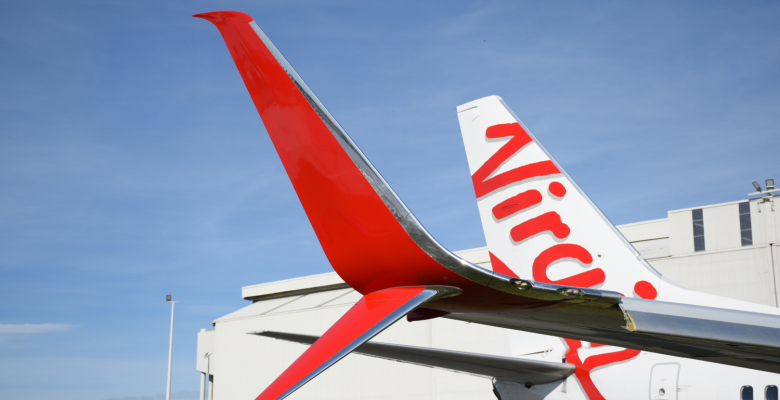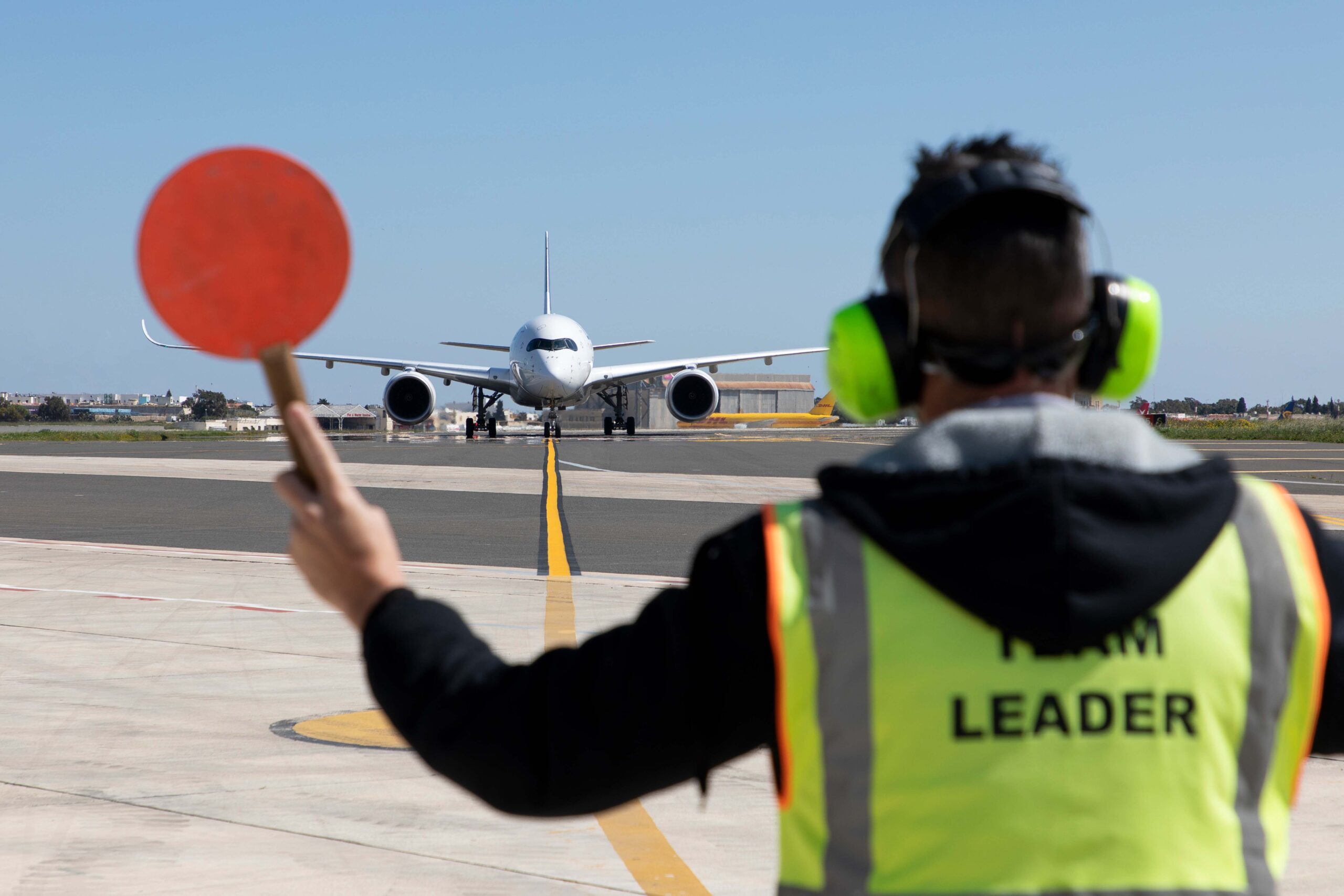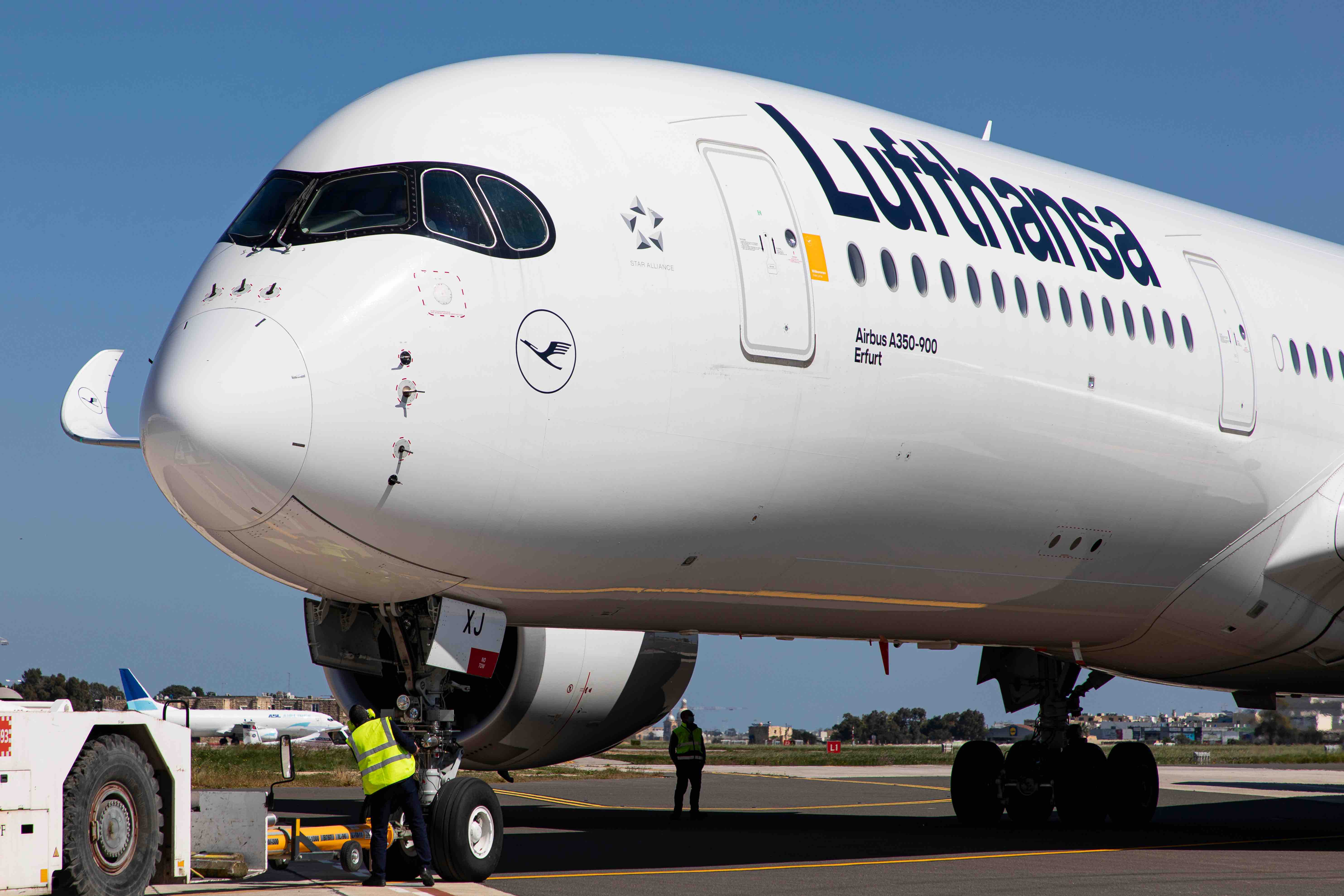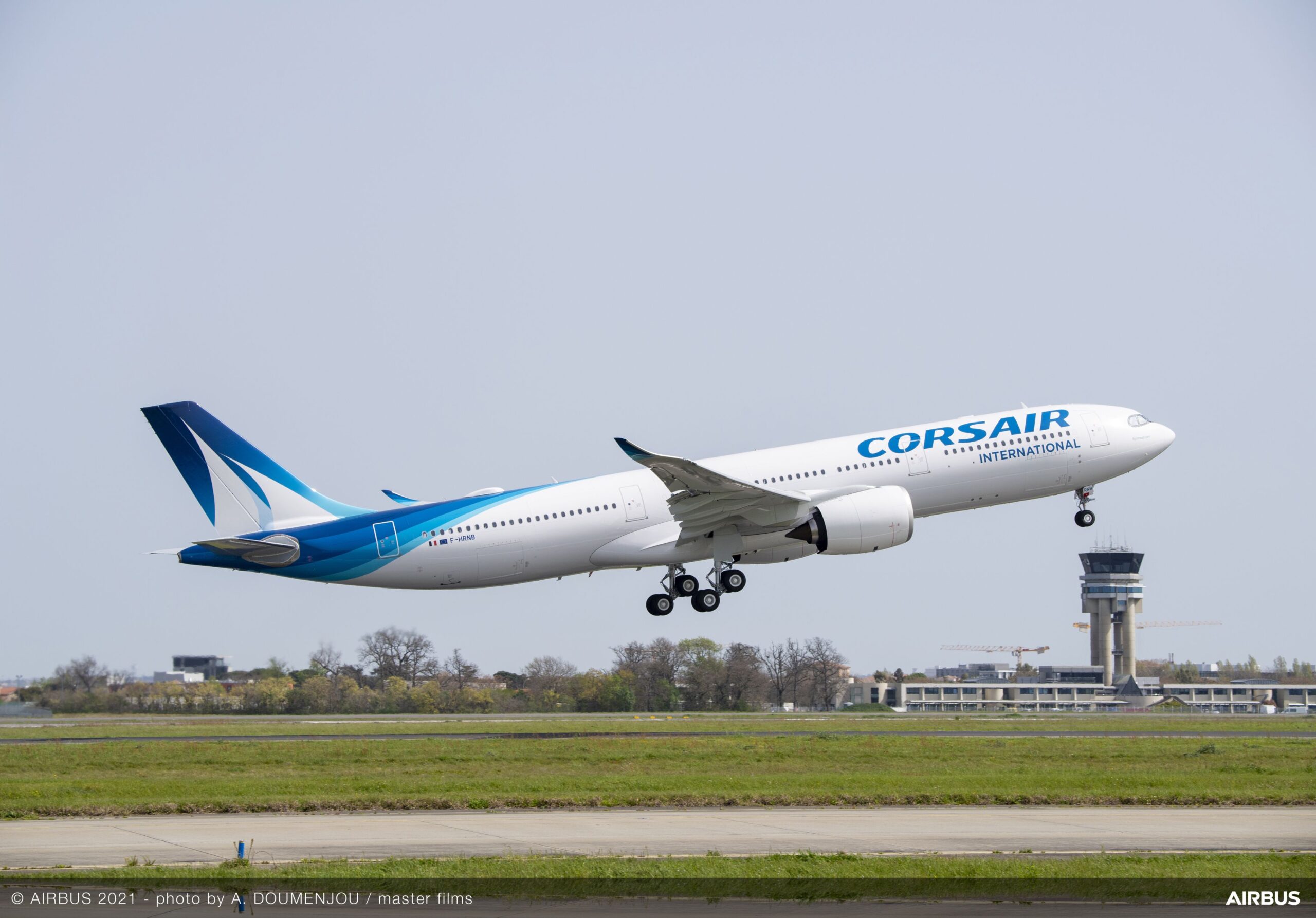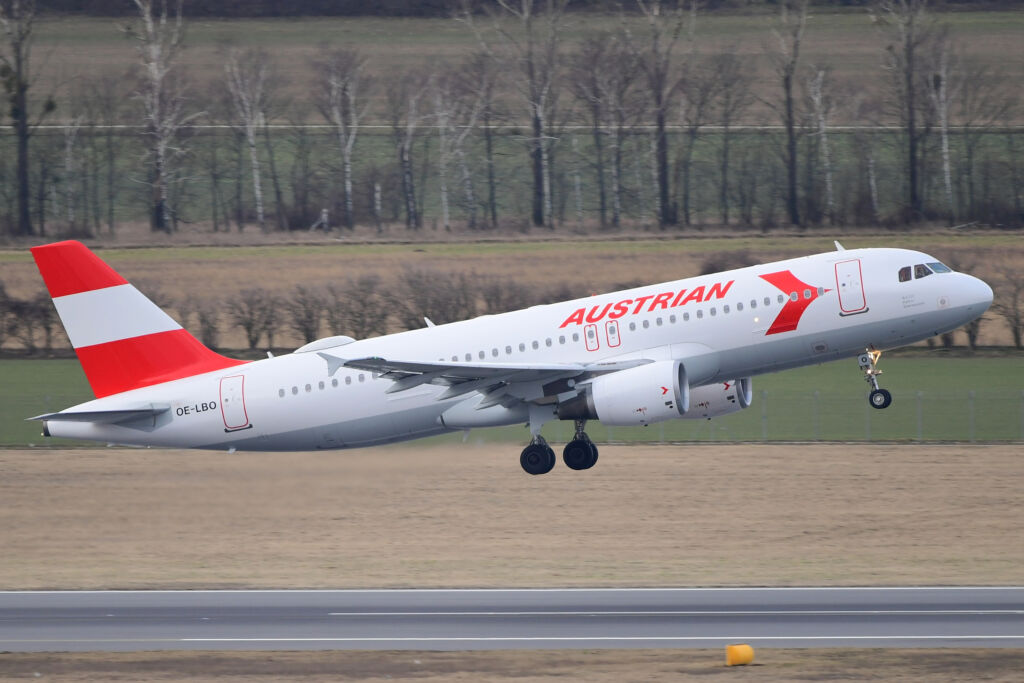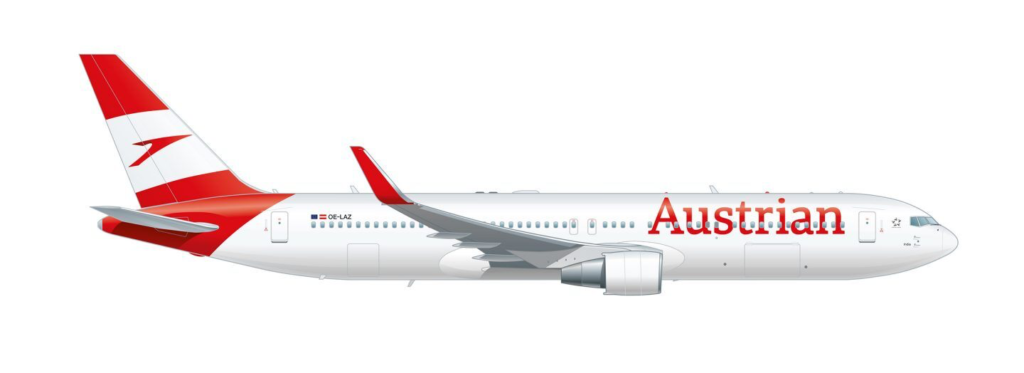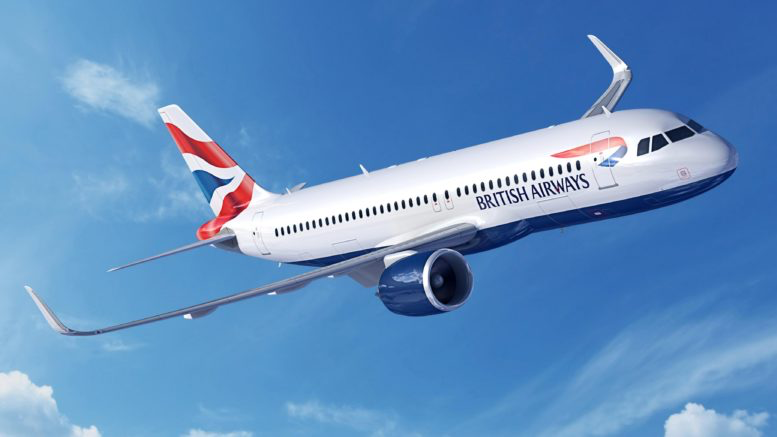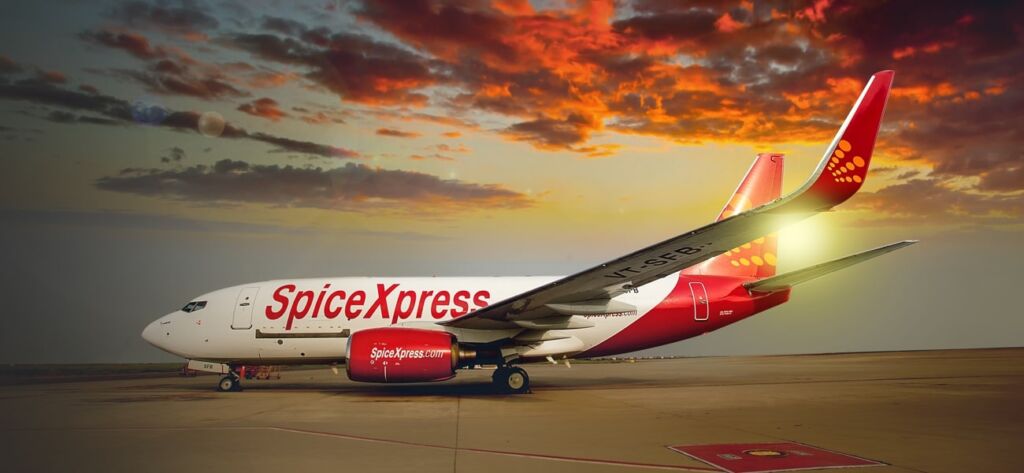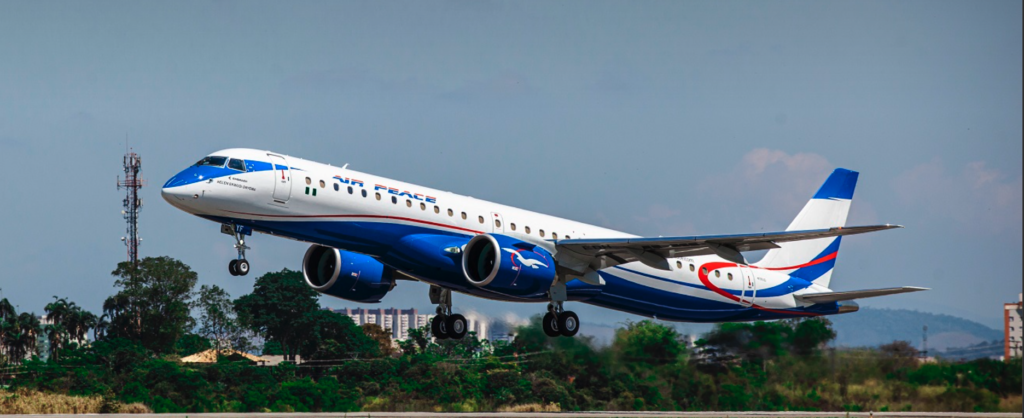BRISBANE, 15 April 2021: Virgin Australia Group has announced fast-tracked plans to acquire new aircraft, create more frontline jobs and grow its network to further support domestic tourism.
The recovery efforts include the reintroduction of 10 additional Boeing 737-800 aircraft and the planned return of more than 80 per cent of the airline’s pre-pandemic domestic capacity by mid-June. Network operational changes will also allow the airline to redeploy Boeing 737 aircraft to other parts of its network over the coming months.
After a year of rolling state-based restrictions, pent-up travel demand is supporting the launch of several new and expanded services and frequencies on key leisure and business routes. Virgin Australia Group is committed to maintaining a market share consistent with its pre-COVID position.
Commitment to Jobs
The creation of more roles at the Company will see more than 220 cabin crew return to the skies from the airline’s discontinued long-haul international, ATR regional and Tigerair Australia operations. The new recruits will join one of 15 cabin crew training schools over the next two months.
In addition, a major recruitment drive to fill more than 150 new cabin crew roles, including an expression of interest for future positions has also begun today, with applications from other Virgin Australia employee groups being assessed as a matter of priority. External expressions of interest can be made via the airline’s careers website.
Fleet and Network
The Company has finalised arrangements to re-introduce 10 Boeing 737-800 aircraft which had previously been operated by Virgin Australia, with further aircraft under investigation. The first three aircraft will join the airline’s mainline fleet this month while the remainder are set to progressively enter service by October.
The Company is finalising wet lease arrangements with Alliance Airlines to operate Fokker 100 services on behalf of Virgin Australia between Brisbane-Alice Springs and Brisbane-Mt Isa from 19 April 2021. The move will allow Virgin Australia to explore more efficient ways of managing capacity and frequencies to support choice and convenience for regional customers.
Using an Airbus A320 aircraft, Virgin Australia Regional Airlines (VARA) will also move to operate select services on mainline routes between Perth-Darwin, Perth-Broome and Perth-Adelaide from next month. These arrangements will support the redeployment of the Boeing 737 aircraft to other markets.
Between now and the June school holidays, the airline will add more than 220 return flights per week to its schedule, offering new and extended seasonal services and expanded frequencies on key business and leisure routes. Trans-Tasman services to Queenstown are set to recommence ahead of school holidays on 18 September 2021.
